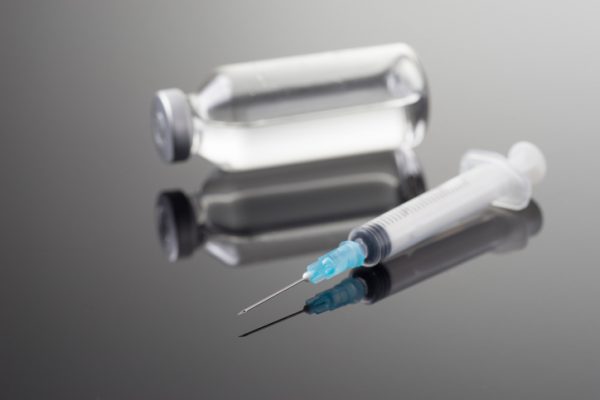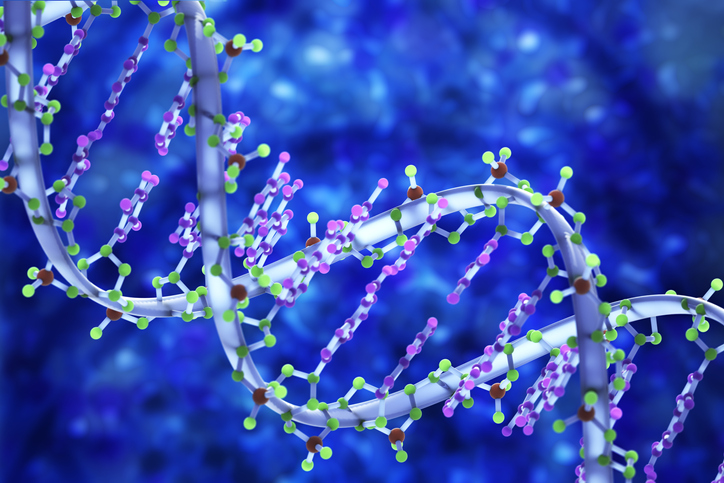
It will be some time before a vaccine against Covid-19 becomes widely available, but two of Europe’s largest drugmakers, which themselves are also major producers of vaccines, have made a deal to work together to find develop one.
London-based GlaxoSmithKline and Paris-based Sanofi said Tuesday that they had signed a letter of intent to produce an adjuvanted vaccine against the disease, caused by the SARS-CoV-2 virus, using technology from both. The companies plan to enter their vaccine into the clinic in the second half of this year and potentially make the vaccine available in the second half of 2021.
“As the world faces this unprecedented global health crisis, it is clear that no one company can go it alone,” Sanofi CEO Paul Hudson said in a statement. “That is why Sanofi is continuing to complement its expertise and resources with our peers, such as GSK, with the goal to create and supply sufficient quantities of vaccines that will help stop this virus.”
Both companies had already been developing medicines for the pandemic. Sanofi said in February that it would work with the Department of Health and Human Services to develop a recombinant DNA vaccine that it had originally developed for the 2002-2003 SARS epidemic. And last month, the French drugmaker announced a deal with Lexington, Massachusetts-based Translate Bio to develop a messenger RNA-based vaccine. Meanwhile, GSK said last week that it had partnered with San Francisco-based Vir Biotechnology to develop drugs for the disease.
The Sanofi-GSK deal will involve development of a recombinant DNA vaccine that incorporates Sanofi’s S-protein Covid-19 antigen and GSK’s adjuvant technology. Combination of protein-based antigens and adjuvants is well-established and used in a number of vaccines, the companies noted, and adding the latter has been shown to enhance, strengthen and lengthen immune responses against infections compared with vaccines alone.
Experts have said that mRNA-based vaccines represent a faster and easier approach to developing vaccines, as it is easier for RNA to get into the areas of cells where where it is converted into protein than it is for DNA to get into the nucleus of a cell and be converted to RNA. However, it could be 12-18 months before a Covid-19 vaccine actually reaches the market.
The two companies currently in the lead to develop a vaccine are Cambridge, Massachusetts-based Moderna and a Chinese firm, CanSino Biologics. Moderna said Tuesday that the Phase I study of the vaccine candidate mRNA-1273 that it is running with the National Institute of Allergy and Infectious Diseases had enrolled participants into its highest dose cohort, while its chairman had said previously that the company will start a Phase II study in spring or early summer. Meanwhile, CanSino is furthest along, having said in a regulatory filing last week that it would soon start a Phase II study of its recombinant adenovirus Type 5 vector-based vaccine. New York-based Pfizer and German biotechnology company BioNTech also said last week that they plan to start a clinical trial of their mRNA-based vaccine this month.
Photo: Esben_H, Getty Images














